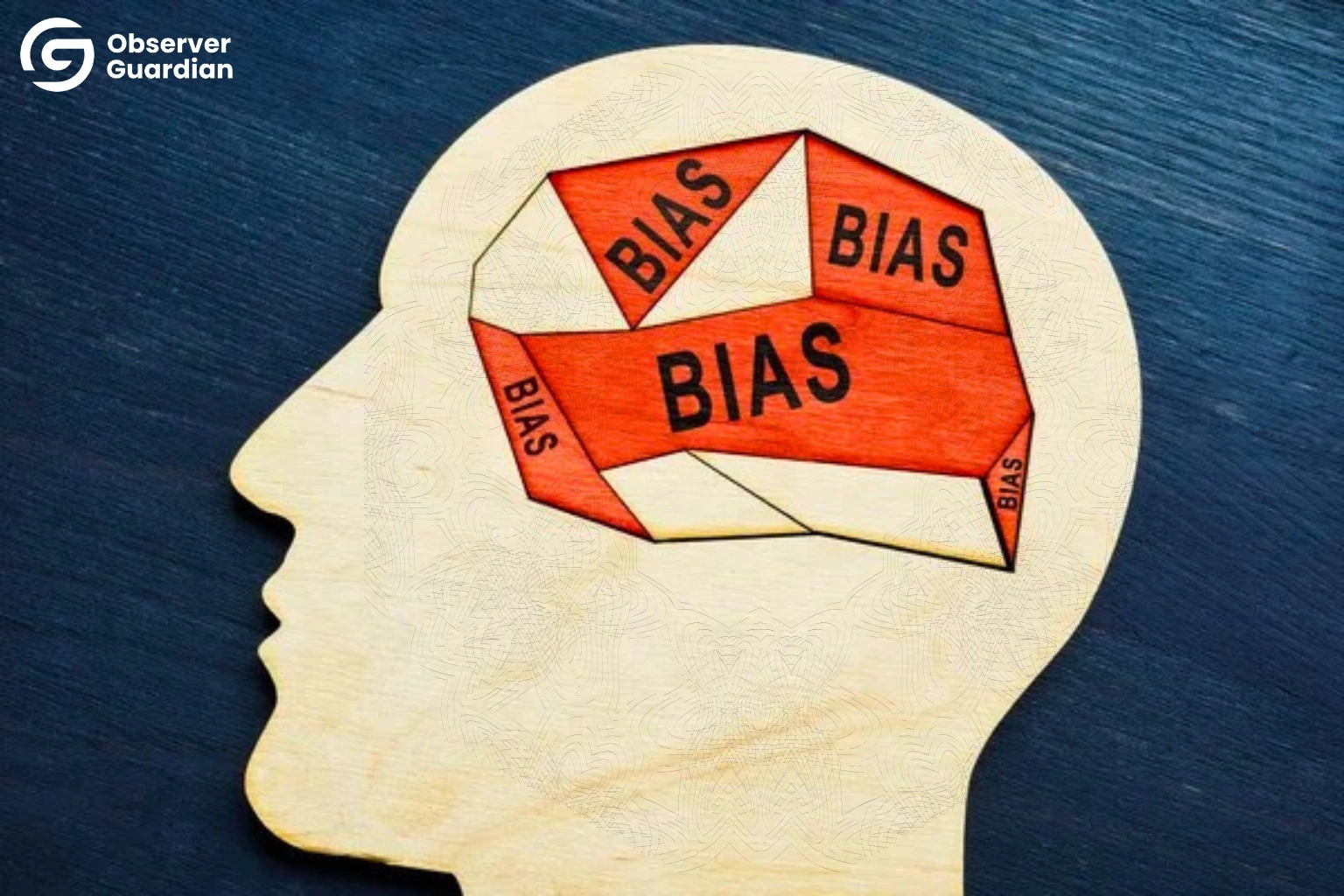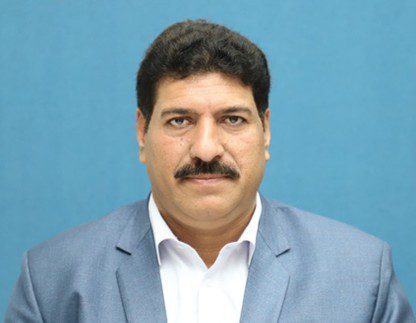The Telegraph article, “The Grooming Gangs Rapists Are Mainly Pakistani Muslims, Not Asian” published on 23 October 2025, presented its main argument as a harsh reality that had long been suppressed by political correctness. Singh held that most of the grooming gang offenders in Britain are Pakistani Muslim men. But it is not revelation, it is a perversion.
Child sexual exploitation (CSE) in groups is a severe issue in the UK that is not only complex, but also very difficult to resolve. It entails police failure, data gathering and security issues, and not a tendency fueled by a particular nationality or religion. This is evident in the investigations carried out by the UK government. It is refuted by the National Audit on Group-based Child Sexual Exploitation and Abuse by Baroness Louise Casey (June 2025), and by the Home Office of 2020.
What the Data Actually Says
According to the Casey Audit, only two-thirds of the perpetrators are documented. This means that approximately 66 percent of offenders do not have any ethnicity.
Any blanket assertion as to who the chief perpetrator of these offenses is statistically insignificant.
Even the Home Secretary explained to Parliament that the deficiency of ethnicity information renders it insufficient to make any declarations regarding the identity of the offenders. This was strengthened by the 2020 review of the Home Office, which cautioned that the past studies found are very small, non-representative samples.

Where then is the source of this myth? A significant part of it can be linked to an extremely inaccurate report of Quilliam Foundation published in 2017, stating that 84 percent of offenders were of Asian origin. This was later disproved by the Home Office review. The figure however persists and is repeated by the media and politicians who take it as a fact.
Banality of Asians, A Threatening Privatization
Moreover, decades of media reports have put entire communities together in one broad category, Asian grooming gangs. The article by Singh goes a step further. It targets Pakistani Muslims as the alleged primary culprits. Such departure from a general slander into a particular one turns an already unsound argument into a poisonous one. Thus, it discriminates against one group not based on evidence, but prejudice.
This is explicitly cautioned in the Casey Audit. As local clusters can be of local demographics or local policing interest, rather than a broader ethnic tendency. It is intellectually lazy, and even dishonest to take these incidents and generalize it into a national image.
The Vulnerability Knowledge and Practice Programme notes that in 2022, approximately 107,000 offences of child sexual abuse and exploitation were reported. Group CSE took up approximately 5%. Among the offenders of the Home Office, 42% were White or White British, 17% were Black or Black British, 14% were Asian or Asian British and 22% were non-recorded. There was no dominant group mentioned as involved in these crimes.

The Real Issue, it is a Failure in the System, and not Ethnicity
Further, the ethnicity craze overshadows the problem, which is the crisis of institutional failure. Investigations time and again reveal that the safeguarding systems failed, employees of the police disregarded victims, and organizations did not exchange information. The emphasis on race does not only misguide the people, but it ends up ruining the efforts to repair the mess.
There are various negative implications of using grooming gang crimes as a problem of the Pakistani Muslims. It demonizes whole groups of people, promotes Islamophobia and prevents survivors to voice up. Thereby, thinking that their trauma may be exploited against them to propagate racist ideals. The British Pakistanis constitute approximately 2 percent of the population of the United Kingdom, but on most occasions, it is this diaspora who have to take the heat of being suspected of these generalizations.
Scholars such as Dr. Ella Cockbain have been making similar warnings that the emphasis on ethnicity is misplaced in the policy and removes protection. Racialized abuse makes the communities that are important in preventing it estranged, and the victims lose confidence in the system.
The Way Forward and Responsible Journalism
This is to be rectified by the ongoing national inquiry into grooming gangs in the UK, which was announced following the Casey Audit. It has focused on improved data storage, enhanced legal understanding of rape, and inter-agency investigation. The official statistics already indicate that in England and Wales, 88 percent of defendants in the cases of child sexual abuse are White. Two-thirds of the cases have no ethnicity data, and therefore any argument over national trends is at best a guess.
The stance of Pakistan on the problem is obvious. The country denounces any child abuse and can help in prosecution. However, most of the people involved in the UK cases are the British citizens. Notably, the media comes with responsibility. Such a sensitive subject demands accurate, empathetic, and contextual reporting instead of sensationalism. By hyping false accusations, media houses victimize people, make the society polarized and embolden right-wing narratives.
Finally, the safeguarding crisis in Britain requires information accuracy, transparency and empathy, rather than separation.
The blame game based on race will not bring justice to the victims, but the issue needs a plain and evidence based reform initiative. The framing by Singh might get clicks, but it can do nothing to save children or repair communities.
⚠ Disclaimer
The views and opinions expressed in this article are exclusively those of the author and do not reflect the official stance, policies, or perspectives of the Platform.








